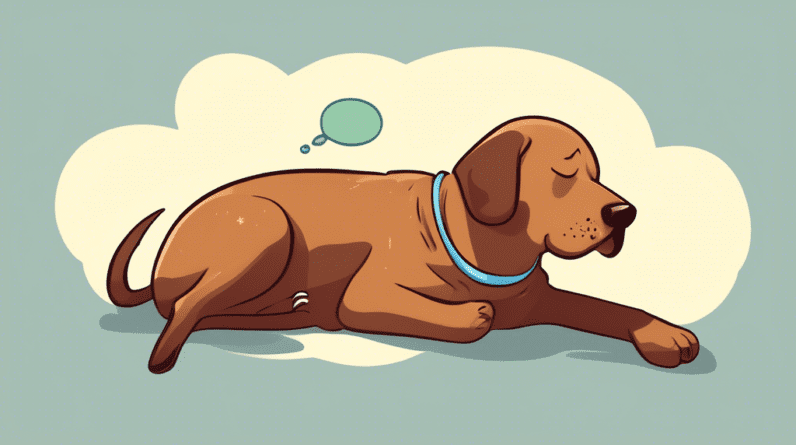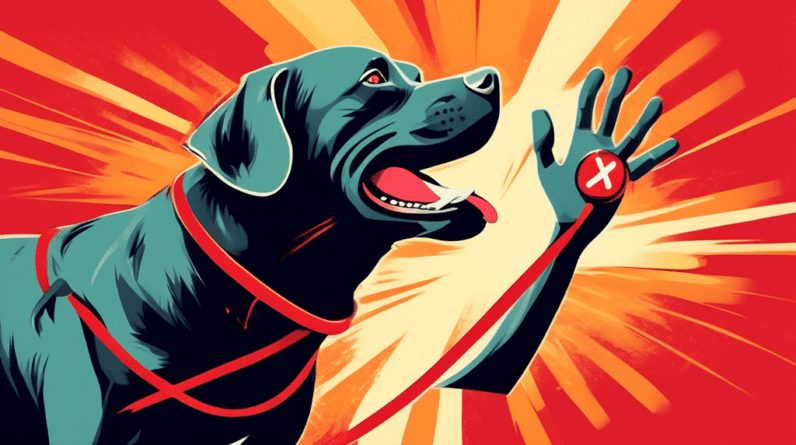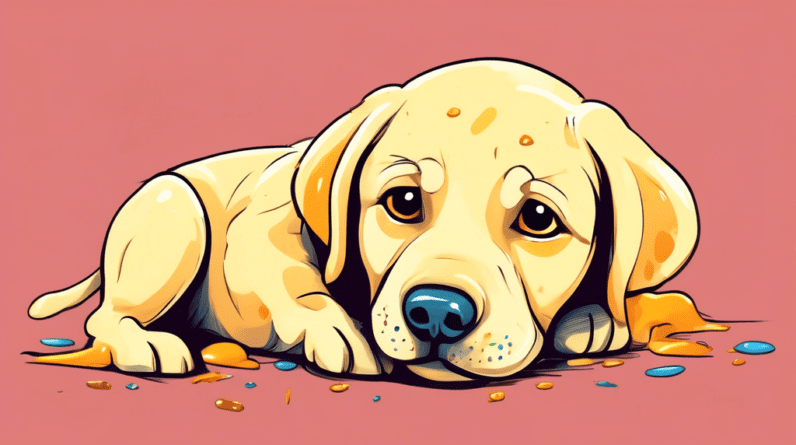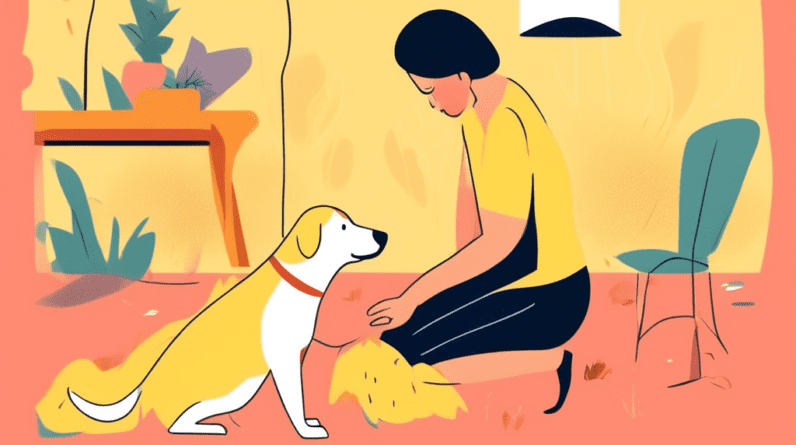
Why Does My Labrador Retriever Snore? Understanding the Noises Your Lab Makes
Labrador Retrievers are known for their playful personalities, boundless energy, and unfortunately, their snoring. While those guttural sounds might seem endearing at first, excessive snoring can sometimes indicate underlying health issues. If you find yourself wondering, Why does my Labrador snore so much? you’re not alone. This comprehensive guide will delve into the common causes of snoring in Labradors and explore potential solutions to help your furry friend breathe easier.
Common Causes of Snoring in Labrador Retrievers
Snoring occurs when the flow of air through the nose and throat is obstructed, causing the surrounding tissues to vibrate. Several factors can contribute to snoring in Labradors, ranging from benign anatomical features to more serious health concerns.
1. Brachycephalic Anatomy
While not as pronounced as breeds like Bulldogs or Pugs, Labrador Retrievers fall under the category of brachycephalic breeds. This means they have relatively shorter snouts compared to other dogs. Their shortened facial structure can lead to narrowed nostrils, elongated soft palates, and crowded throats, all of which can obstruct airflow and result in snoring.
2. Obesity
Excessive weight gain is a leading cause of snoring in dogs, including Labradors. Fat deposits accumulate around the neck and throat, compressing the airway and making it difficult for air to flow smoothly. Overweight Labradors are also more prone to developing sleep apnea, a condition characterized by pauses in breathing during sleep.
3. Allergies
Just like humans, Labrador Retrievers can suffer from allergies to various substances, such as pollen, dust mites, mold spores, and certain foods. When exposed to allergens, their bodies release histamine, which triggers inflammation in the nasal passages and throat, leading to congestion and snoring.
4. Respiratory Infections
Upper respiratory infections, such as kennel cough or canine influenza, can cause inflammation and mucus buildup in the airways, resulting in noisy breathing and snoring. These infections are often accompanied by other symptoms like coughing, sneezing, and nasal discharge.
5. Sleeping Position
The way your Labrador sleeps can also influence their snoring habits. When dogs sleep on their backs, their tongues can relax and partially block their airways, leading to snoring. Sleeping in certain positions might also exacerbate snoring in dogs with underlying anatomical predispositions.
6. Foreign Objects
In some cases, snoring can be caused by a foreign object lodged in the nasal passages or throat. If you notice sudden onset of snoring accompanied by pawing at the face or difficulty breathing, seek immediate veterinary attention as it could be a medical emergency.
7. Polyps or Growths
While less common, non-cancerous growths like polyps or tumors can develop in the nasal passages or throat of Labradors, obstructing airflow and causing snoring. These growths may require surgical removal depending on their size and location.
8. Age
As Labradors age, the muscles and tissues in their throats can lose some of their elasticity, making them more susceptible to snoring. Senior Labradors might also develop age-related health conditions that can contribute to snoring, such as hypothyroidism or Cushing’s disease.
When to Worry: Recognizing Abnormal Snoring in Labradors
While occasional snoring might be harmless, persistent and excessive snoring in Labradors can signal underlying health problems that require veterinary attention. If you observe any of the following signs along with snoring, consult your veterinarian promptly:
- Loud, raspy, or gasping sounds while breathing
- Pauses in breathing during sleep (sleep apnea)
- Excessive daytime sleepiness or lethargy
- Snoring that worsens suddenly or dramatically
- Discharge from the nose or eyes
- Difficulty breathing or swallowing
- Blue-tinged gums or tongue (cyanosis)
Diagnosing the Cause of Snoring
To determine the underlying cause of your Labrador’s snoring, your veterinarian will likely perform a thorough physical examination and ask about your dog’s medical history, including any recent illnesses or changes in behavior. They may also recommend additional diagnostic tests such as:
- Blood tests to assess overall health and check for underlying medical conditions
- X-rays or CT scans to visualize the airways and identify any obstructions
- Rhinoscopy to examine the nasal passages with a small, flexible camera
- Sleep studies to monitor breathing patterns during sleep and diagnose sleep apnea
Solutions and Treatment Options for Snoring in Labradors
The treatment for snoring in Labradors depends on the underlying cause. Here are some common solutions your veterinarian might recommend:
1. Weight Management
If your Labrador is overweight or obese, weight loss is crucial for reducing snoring and improving overall health. Your veterinarian can help you develop a safe and effective weight loss plan that includes dietary adjustments and increased exercise.
2. Allergy Management
Identifying and managing allergies can significantly reduce snoring caused by inflammation and congestion. This might involve allergy testing to pinpoint specific triggers, followed by avoidance measures, medications like antihistamines, or immunotherapy.
3. Treatment of Infections
Respiratory infections are typically treated with antibiotics, antivirals, or supportive care depending on the underlying cause. Following your veterinarian’s instructions and completing the full course of medication is essential for successful treatment.
4. Surgical Interventions
In cases of anatomical abnormalities like elongated soft palates or narrowed nostrils, surgical correction might be necessary to improve airflow and reduce snoring. Surgical removal of polyps or growths might also be recommended depending on their size and location.
5. Environmental Adjustments
Simple environmental adjustments can sometimes make a difference in reducing snoring. Elevating your Labrador’s head with an extra pillow while they sleep can help open up the airways. Using a humidifier can also add moisture to the air, alleviating dryness and congestion.
6. Lifestyle Modifications
Regular exercise can help strengthen respiratory muscles and promote weight loss, both of which can contribute to reduced snoring. Providing your Labrador with a comfortable and supportive bed can encourage better sleeping positions and potentially minimize snoring.
Conclusion: Prioritizing Your Labrador’s Respiratory Health
While occasional snoring might be harmless, persistent and excessive snoring in Labradors can indicate underlying health issues that require veterinary attention. By understanding the common causes of snoring and recognizing the signs of abnormal breathing, you can be proactive in caring for your furry friend’s respiratory health. If you have concerns about your Labrador’s snoring, consult your veterinarian promptly for proper diagnosis and treatment to ensure they live a long, healthy, and snore-free life.






